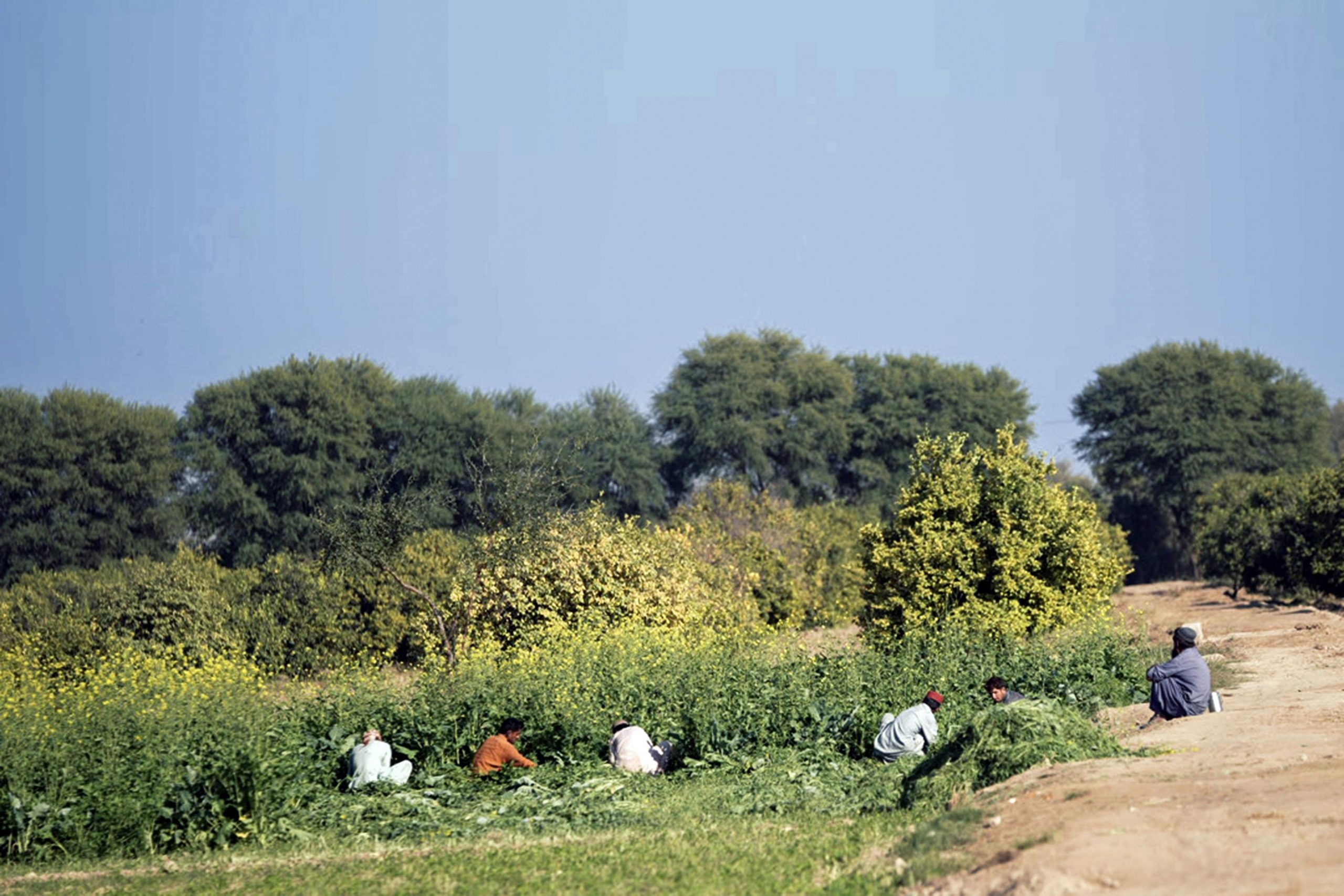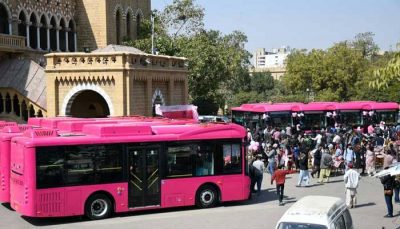The government of Pakistan continues to negotiate a new program with the International Monetary Fund. While all signs indicate a program is likely, Professor Ali Hasanain of the Lahore University of Management Sciences explains why the IMF can’t fix Pakistan.
Pakistan is hoping to soon conclude negotiations with the International Monetary Fund (IMF) to receive a loan of approximately $10 to $12 Billion in what will be its thirteenth IMF bailout. Of the past twelve programs, only one was completed satisfactorily. This loan will add to approximately $10 Billion in bilateral loans that Pakistan raised recently from China, the UAE, and Saudi Arabia.
Much has been written about why Pakistan needs the IMF’s help, including foreign exchange reserves in sharp decline, substantial debt servicing obligations coming due this year, and difficulties in raising money due to deteriorating credit ratings. Most commentators have however ignored Von Clausewitz’s caution to ‘beware the vividness of transient events’ and focused on tactical points, such as the merits of taking loans from friendly countries before seeking the Fund’s help. With a handful of notable exceptions, few have asked why Pakistan remains in perpetual need of the IMF’s support.
Pakistan’s Economic Problems Aren’t New
The basic contours of Pakistan’s fiscal problems are not new nor do they come as a surprise to the government. First, budget deficits have become perpetual: Pakistan has an extremely low tax net, with only 1.7 Million tax filers in a country of 210 Million. Yet despite this, expenditures are substantial: the government substantially subsidizes a large number of public sector enterprises, including the railways, the national airline, and the Pakistan Steel Mills. It also subsidizes electricity, gas, water, major agricultural products, and many other sectors. In some years an overvalued currency has added to these woes, and in others significant external aid has masked them, but the underlying fundamentals have not changed substantially in more than half a century.
Second, beyond financial worries, the barriers to economic growth are also not new. Two decades ago, Pakistani Prime Minister Nawaz Sharif met with Singaporean Prime Minister Lee Kuan Yew and asked him to assess Pakistan’s economic troubles. Prime Minister Lee identified obvious problems such as poor land title documentation; extremely high defense and debt servicing costs; rampant corruption; crime and violence that frightened away foreign investments; and resource allocations done not through commercial imperatives but connections. Nothing is strikingly different today.
Government Must Better Articulate Reform Strategies
One pattern that has emerged since then is that political regimes typically inherit a crisis, seek an IMF bailout, and use the financial space created to claim victory without embarking on the sort of painful, fundamental reforms that the economy needs. Some commentators have argued that the Fund is complicit in entrenching the country’s woes because it has continued to lend, repeatedly and over decades, in the knowledge that true reform is unlikely. There may be a kernel of truth in this argument, but Pakistan is ultimately responsible for charting its own path.
Greater leadership and an articulation of a long-term plan beyond the IMF is required for any genuine economic reform to take place. For example, while the government took the brave step of removing the Hajj subsidy earlier this year, it failed to clearly articulate why this was economically necessary. Similarly, it has drawn down subsidies on electricity and gas, but failed to describe to the public why this will benefit the economy in the longer-term. Instead, Prime Minister Imran Khan has spent hours in his speeches talking about the austerity of his immediate office operations, even though the Prime Minister and President Houses combined only spend 0.03 percent of the Federal Budget. The government must focus on sensitizing the public to the need to undertake painful cuts in public sector enterprises and educating people on the fundamentals of economic reform.
Reform Depends on Political Change
The IMF can help Pakistan avoid insolvency, but a new program will do little to spur the comprehensive set of economic reforms that the country needs. Reform depends on internal voices questioning why each loan taken is not accompanied by a well-monitored plan for repayment. It also depends on political change. It is no great insight that Pakistan’s economic woes emanate primarily from its political problems. Political contests seldom compete on public service delivery and instead thrive on entrenched special interests and the prioritization of private local benefits over public development.
What then will drive political change? Two key changes in recent years emerge: one, Pakistan’s demographics make it among the youngest populations in the world, and the relative voice of the youth is getting louder; two, Pakistan is urbanizing, and a decrease in the importance of rural politics may over time reduce the role of patronage politics in society. An IMF program will resuscitate the economy in the short term, but it will ultimately be changes in Pakistan’s politics that create lasting reform.
Dr. Ali Hasanain is an Associate Professor of Economics at LUMS and a CDPR Fellow.
This article was originally published by John Hopkins School of Advanced International Studies here.





